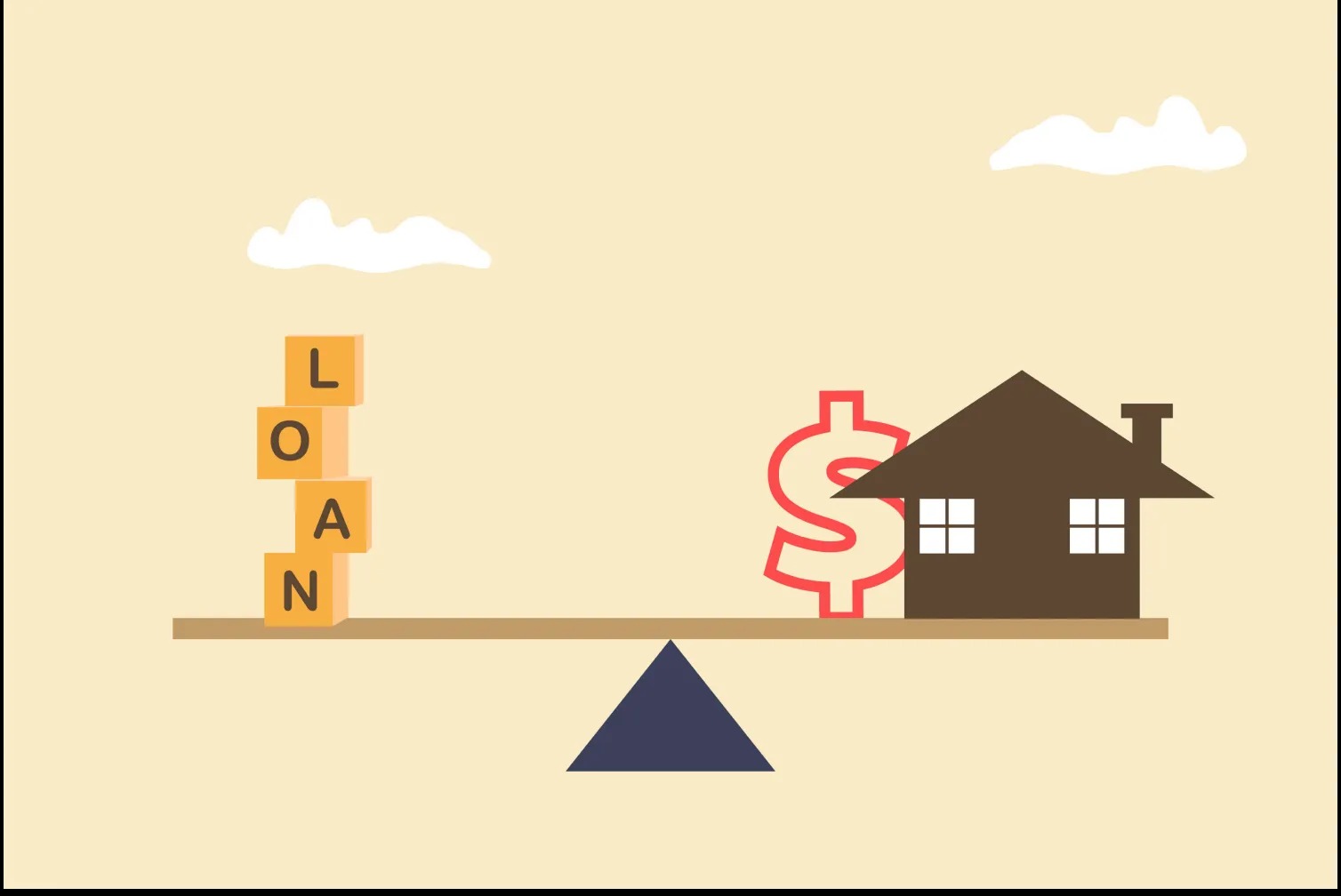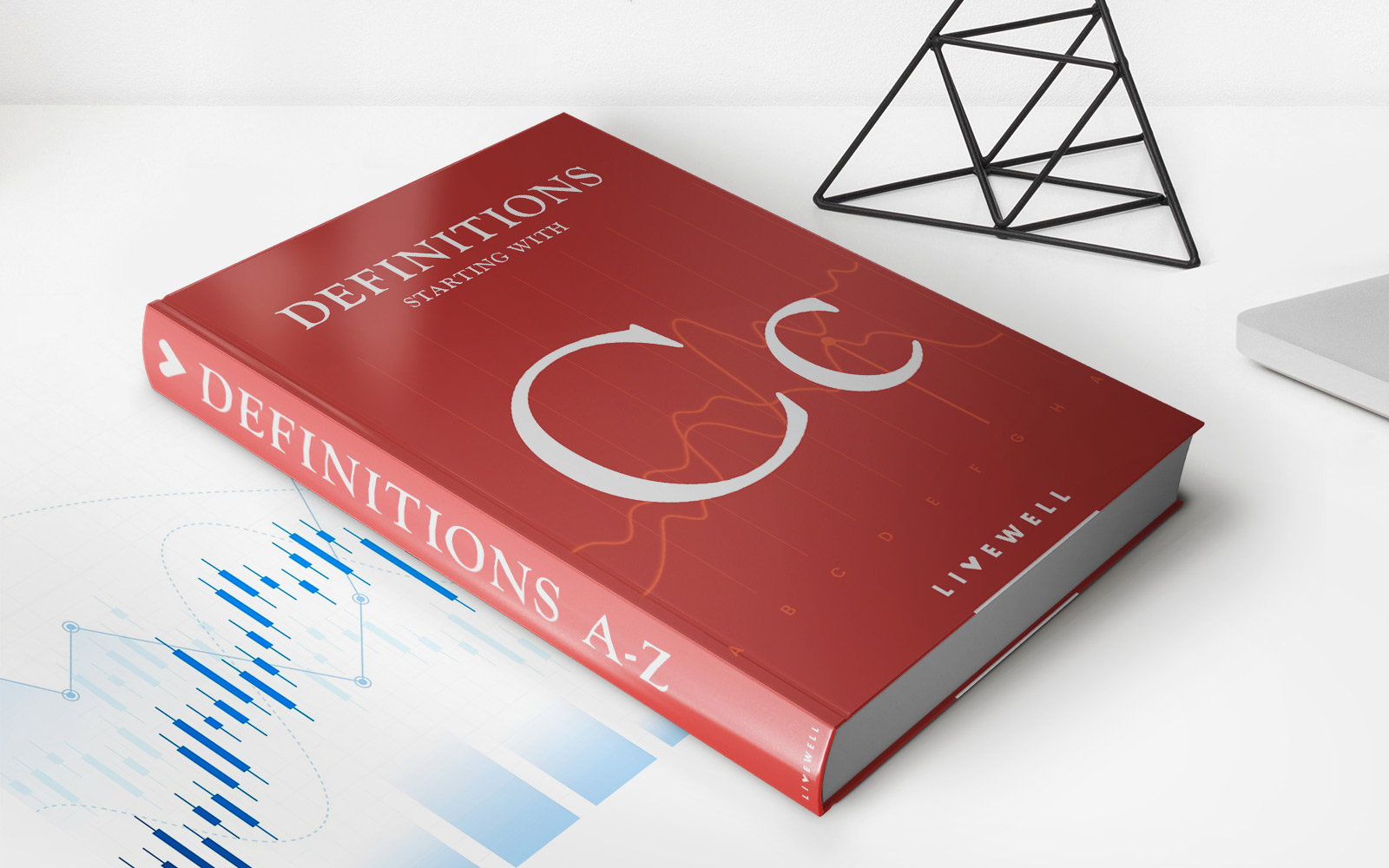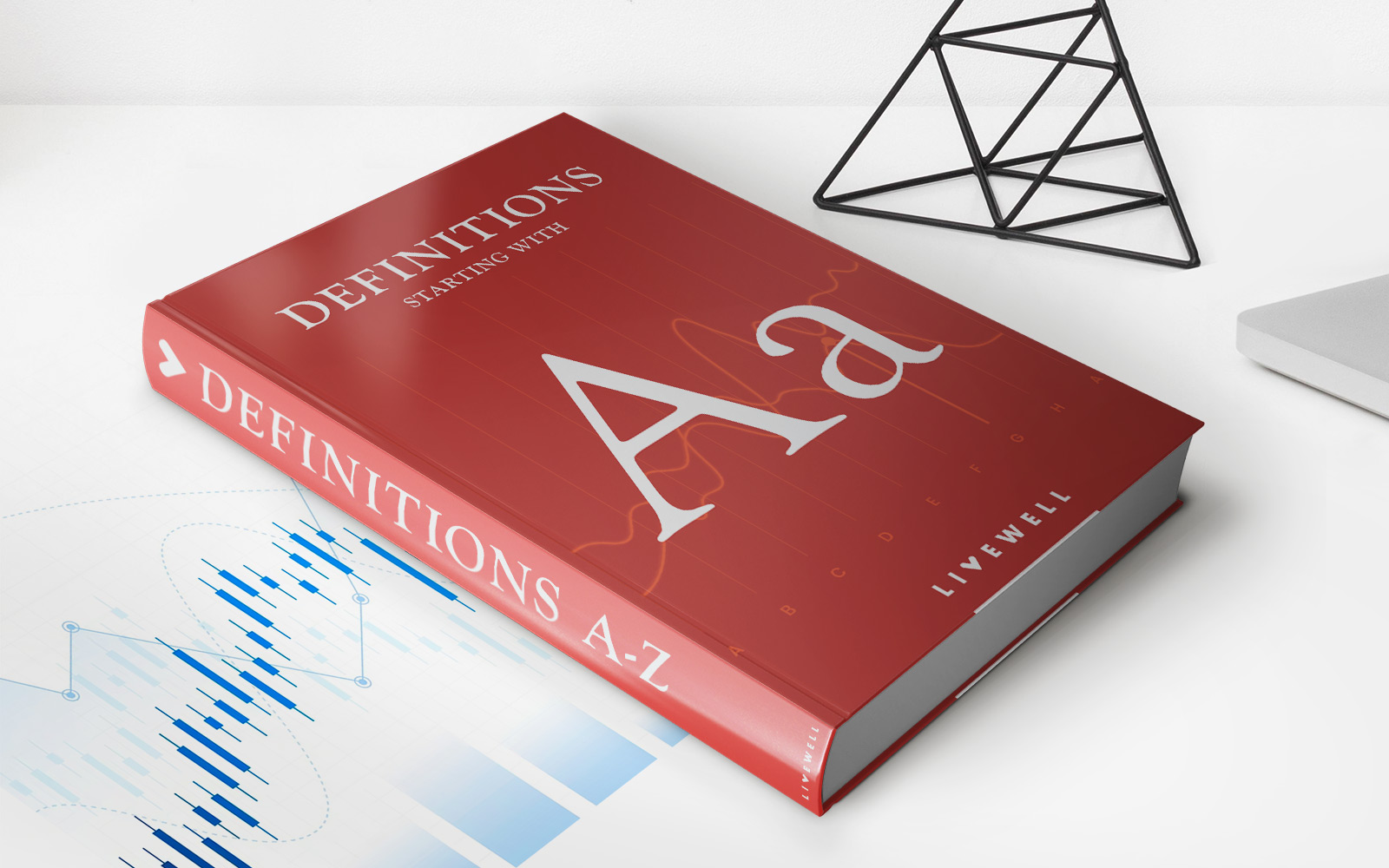

Finance
What Is The Grace Period For A Mortgage?
Modified: March 1, 2024
Learn about the grace period for mortgages and how it impacts your finances. Understand the implications and options available to manage your mortgage payments effectively.
(Many of the links in this article redirect to a specific reviewed product. Your purchase of these products through affiliate links helps to generate commission for LiveWell, at no extra cost. Learn more)
Table of Contents
Introduction
Understanding the Importance of the Grace Period in Mortgage Payments
Purchasing a home is a significant milestone for many individuals and families. However, along with the pride of homeownership comes the responsibility of making timely mortgage payments. While fulfilling this financial obligation is crucial, unexpected circumstances can occasionally make it challenging to submit payments by the due date. This is where the concept of a grace period becomes invaluable.
The grace period is a specified duration after the due date during which a borrower can submit a payment without incurring late fees or penalties. This period serves as a buffer, offering borrowers a bit of leeway if they encounter temporary financial constraints or logistical issues. Understanding the nuances of the grace period is essential for homeowners, as it can provide breathing room during times of financial strain.
In the context of mortgages, the grace period can vary depending on the terms outlined in the loan agreement. It is important for borrowers to familiarize themselves with the specifics of this provision to effectively manage their finances and avoid unnecessary fees. Let's delve deeper into the concept of the grace period and its significance in the realm of mortgage payments.
Understanding the Grace Period for Mortgage Payments
When it comes to managing mortgage payments, understanding the grace period is essential for borrowers. The grace period is the window of time after the due date during which a borrower can make a payment without facing penalties or late fees. It serves as a safeguard for homeowners who may encounter temporary financial constraints or unforeseen circumstances that affect their ability to submit payments on time.
Typically, the grace period for mortgage payments ranges from 10 to 15 days after the due date. During this period, borrowers can submit their payments without incurring any financial repercussions. It’s important to note that the grace period does not affect the borrower’s credit score, as long as the payment is made within this timeframe. However, exceeding the grace period can lead to late fees and potentially impact the borrower’s credit rating.
Understanding the specifics of the grace period outlined in the mortgage agreement is crucial. Borrowers should be aware of the exact duration of the grace period, as well as any conditions or limitations that may apply. Some mortgage agreements may specify a particular time of day as the cutoff for payments to be considered within the grace period, so it’s essential to be well-informed about these details.
Furthermore, the grace period does not extend the due date of the mortgage payment. Instead, it provides a buffer during which borrowers can make their payments without facing immediate financial consequences. This distinction is important, as it underscores the temporary nature of the grace period and emphasizes the significance of adhering to the original payment schedule.
Overall, comprehending the intricacies of the grace period is fundamental for homeowners navigating the terrain of mortgage payments. It offers a layer of flexibility and protection, enabling borrowers to manage their financial obligations effectively, even in the face of unforeseen challenges.
Importance of the Grace Period in Mortgage Payments
The grace period holds significant importance for borrowers in the realm of mortgage payments. It serves as a valuable safety net, offering a degree of flexibility and protection during times of financial uncertainty or unexpected hurdles. Understanding the importance of the grace period is essential for homeowners as they navigate the responsibilities of mortgage payments.
One of the primary benefits of the grace period is that it provides borrowers with a buffer to manage their finances effectively. Life is inherently unpredictable, and individuals may encounter temporary financial constraints due to various reasons such as unexpected expenses, temporary loss of income, or logistical challenges. During such periods, the grace period allows borrowers to navigate these challenges without facing immediate financial penalties.
Moreover, the grace period promotes responsible financial management. It acknowledges that occasional delays in payments can occur despite a borrower’s best efforts to adhere to the original schedule. By offering this window of time without imposing late fees or penalties, the grace period supports borrowers in maintaining their financial integrity while addressing temporary setbacks.
Additionally, the grace period contributes to a positive borrower-lender relationship. It demonstrates that lenders understand and accommodate the potential challenges that borrowers may face. This understanding fosters goodwill and trust between the parties involved, reinforcing a positive rapport that goes beyond the strict terms of the mortgage agreement.
Furthermore, the grace period can alleviate the stress and anxiety associated with financial deadlines. Homeownership already entails numerous responsibilities, and the grace period serves as a practical mechanism to mitigate the pressure of strict payment deadlines. This can contribute to a more positive homeowner experience, reducing unnecessary stress and promoting a sense of financial stability.
Overall, the importance of the grace period in mortgage payments cannot be overstated. It not only provides a practical solution for temporary financial constraints but also reflects a balanced and empathetic approach to borrower-lender relationships. By recognizing the significance of the grace period, homeowners can navigate their mortgage obligations with greater confidence and resilience.
How the Grace Period Works for Mortgages
Understanding the mechanics of the grace period is crucial for borrowers seeking clarity on how this provision operates within the context of mortgage payments. The grace period for mortgages functions as a specified timeframe after the due date, during which borrowers can submit their payments without incurring late fees or penalties. This period offers a degree of flexibility and protection, providing homeowners with a temporary reprieve in the event of financial constraints or unforeseen challenges.
Typically, the grace period for mortgage payments ranges from 10 to 15 days after the due date. During this window of time, borrowers have the opportunity to make their payments without facing immediate financial repercussions. It’s important to note that the grace period does not extend the due date itself; rather, it serves as a brief extension during which payments can be made without incurring penalties.
While the specifics of the grace period can vary based on the terms outlined in the mortgage agreement, it’s essential for borrowers to be aware of any conditions or limitations that may apply. Some mortgage agreements may stipulate a particular time of day as the cutoff for payments to be considered within the grace period, emphasizing the importance of understanding the fine print.
Furthermore, it’s crucial for borrowers to differentiate between the grace period and the late payment window. Exceeding the grace period can result in late fees and potential impacts on the borrower’s credit score. Therefore, timely payment within the grace period is paramount to avoid these financial repercussions.
It’s also important to note that while the grace period offers a degree of flexibility, it does not alter the overall payment schedule or the subsequent due dates for future payments. Borrowers must maintain awareness of their regular payment schedule and ensure timely submissions beyond the grace period to avoid any adverse consequences.
Overall, understanding how the grace period operates for mortgages empowers borrowers to navigate their financial responsibilities effectively. By comprehending the nuances of this provision, homeowners can leverage the grace period as a strategic tool to manage their mortgage payments with prudence and foresight.
Benefits and Considerations of the Grace Period in Mortgage Payments
The grace period in mortgage payments offers several benefits while also necessitating careful consideration to maximize its advantages effectively. Understanding both the advantages and potential considerations is essential for borrowers seeking to leverage the grace period as a strategic tool in managing their financial obligations.
Benefits
- Flexibility: The grace period provides borrowers with a window of flexibility to address temporary financial constraints without incurring immediate penalties. This flexibility can be invaluable during unforeseen circumstances or when unexpected expenses arise.
- Financial Breathing Room: Homeowners can utilize the grace period to navigate temporary setbacks, such as unexpected expenses or temporary loss of income, without facing immediate financial repercussions. This breathing room can offer peace of mind during challenging times.
- Protection Against Late Fees: By adhering to the grace period, borrowers can avoid incurring late fees, preserving their financial resources and credit standing. This protection is particularly beneficial when facing short-term financial challenges.
- Borrower-Lender Relationship: The grace period contributes to a positive rapport between borrowers and lenders, fostering understanding and goodwill. This can enhance the overall borrower-lender relationship and create a more supportive financial environment.
Considerations
- Timely Payment: While the grace period offers flexibility, borrowers should prioritize timely payments to avoid late fees and potential impacts on their credit score. Exceeding the grace period can lead to adverse financial consequences.
- Understanding Mortgage Terms: It is essential for borrowers to familiarize themselves with the specific terms of the grace period outlined in their mortgage agreement. This includes the duration of the grace period, any conditions, and the implications of exceeding this timeframe.
- Temporary Nature: Borrowers should recognize that the grace period is a temporary extension for making payments and does not alter the overall payment schedule. It is crucial to maintain awareness of subsequent due dates beyond the grace period.
- Financial Planning: While the grace period provides flexibility, it is important for homeowners to engage in proactive financial planning to ensure consistent and timely mortgage payments beyond the grace period.
By embracing the benefits of the grace period while remaining mindful of these considerations, borrowers can effectively utilize this provision to navigate their mortgage payments with prudence and foresight, enhancing their overall financial stability and well-being.
Conclusion
The grace period for mortgage payments stands as a vital component of responsible homeownership, offering a valuable buffer for borrowers facing temporary financial challenges. Understanding the intricacies of the grace period empowers homeowners to navigate their mortgage obligations with flexibility and foresight, contributing to a more resilient and stable financial landscape.
By recognizing the importance of the grace period, borrowers can leverage its benefits to address temporary setbacks, manage unforeseen circumstances, and maintain a positive borrower-lender relationship. The grace period not only provides financial breathing room but also underscores the empathetic and balanced approach to borrower-lender dynamics, fostering trust and understanding between the parties involved.
While the grace period offers flexibility, it is essential for borrowers to approach it with careful consideration, prioritizing timely payments and proactive financial planning. By doing so, homeowners can maximize the advantages of the grace period while ensuring consistent and responsible management of their mortgage payments.
In conclusion, the grace period in mortgage payments serves as a practical mechanism that aligns with the dynamic nature of homeownership. It reflects an understanding of the occasional challenges that borrowers may face and offers a supportive framework to navigate these hurdles without incurring immediate financial repercussions. By embracing the grace period with awareness and prudence, homeowners can enhance their financial resilience and cultivate a more secure foundation for their homeownership journey.














